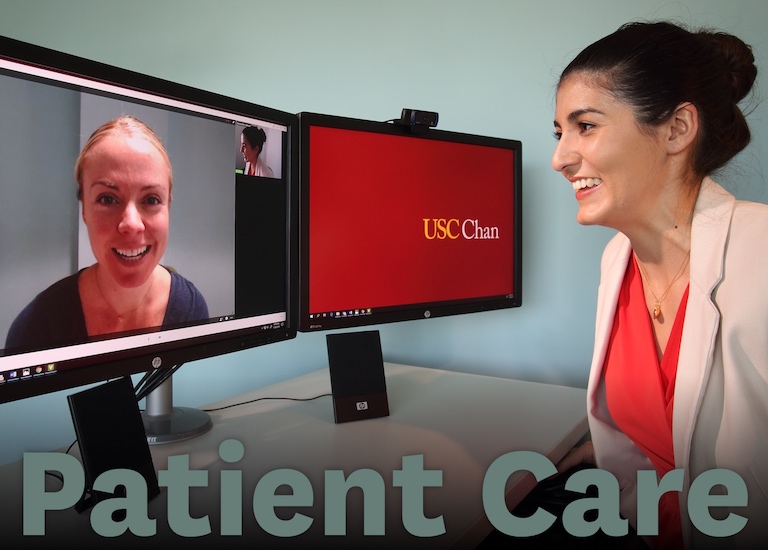
Lifestyle Redesign® for Pelvic Floor Health
Pelvic floor dysfunction is often not discussed in our day-to-day lives. As a result, many individuals live with incontinence, pelvic pain, sexual health dysfunction, or other difficulties with bowel and bladder function with limited support to manage these symptoms. Pelvic floor symptoms can contribute to anxiety or depression, interrupted sleep for bathroom trips, avoidance of exercise, social withdrawal, or loss of intimacy in relationships.
Our occupational therapists use a comprehensive approach to evaluate the impact of pelvic floor dysfunction on your everyday activities to promote improved health and wellbeing. As experts in habits and routines, we will collaborate with you to incorporate recommended behavior changes that improve pelvic health function in your daily life, including implementing urge control techniques, food and fluid changes to support continence, management products and tools, and strategies to reduce nocturia or cope with pain. Over time, your occupational therapist will help you to build a strong foundation of lifestyle changes to improve your ability to engage in meaningful activities at home and in the community, while reducing the risk of pelvic floor symptoms interrupting your routines.
We can help you:
- Understand typical bowel and bladder function to identify triggers and implement coping strategies
- Improve toileting routines to reduce a sense of frequency or urgency
- Manage stress, anxiety, or other mental health concerns
- Address coping strategies to improve community access and social participation
- Provide training in ergonomics and body mechanics to improve positioning and better manage symptoms, including during sexual activity
- Improve sleep, eating, and exercise routines to support pelvic floor function
- Establish a plan for managing symptom flare-ups
Get more information/contact us
To make an appointment, or for more information, contact us today!





